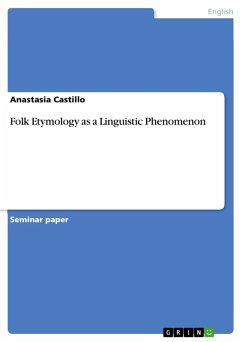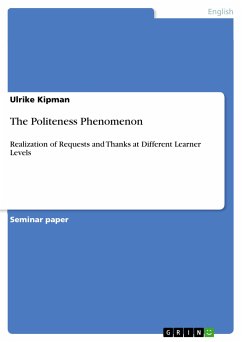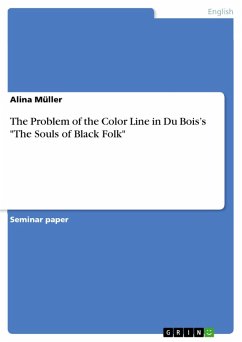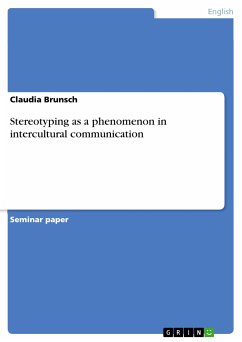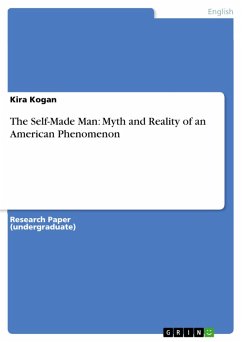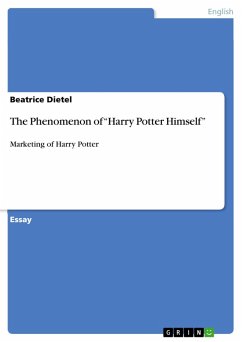Seminar paper from the year 2007 in the subject English Language and Literature Studies - Linguistics, grade: 3,0, University of Münster (Englisches Seminar), language: English, abstract: The English language belongs to the Indo-European group of languages. Modern English is regarded as the global lingua franca. The language is widely spoken all over the world and we encounter it in business, science, technology, advertising, travel, and some other domains. However, how could the language originally spoken by a few thousand Anglo-Saxons establish such dominance? The language evolved over centuries and how much the language has change since then is all too clear. Some of the words in present day English date back to Old English, while others come from many of the Indo-European languages. The arrival of other cultures to England had a significant impact on English linguistic history. The influence of Scandinavian, Latin and Romance languages can be clearly seen at all linguistic levels in English language. Historical linguistics is the study of language change. One of its main concerns is the study of the history of words. The discipline that analyses the origin, formation, and development of the word is defined as etymology. It is also a combination of word analysis and the study of literary text across language and time. However, it would not have developed into such an interesting discipline without the linguistic phenomenon of folk etymology. A foreign word that was hard to pronounce would be changed into something that sounded more familiar. Sometimes the change was made unconsciously due to mishearing or misunderstanding. This process frequently occurs when one language borrows a word from another. Since the Norman Conquest the English language was constantly adopting words due to external cultural influences. It is not entirely clear how many words entered English from other languages. But the meaning of some of them has also certainly changed. According to D. Crystal "most of the words in the language have changed their meaning over the past thousand years, their original meanings forgotten".
Dieser Download kann aus rechtlichen Gründen nur mit Rechnungsadresse in A, B, BG, CY, CZ, D, DK, EW, E, FIN, F, GR, HR, H, IRL, I, LT, L, LR, M, NL, PL, P, R, S, SLO, SK ausgeliefert werden.

